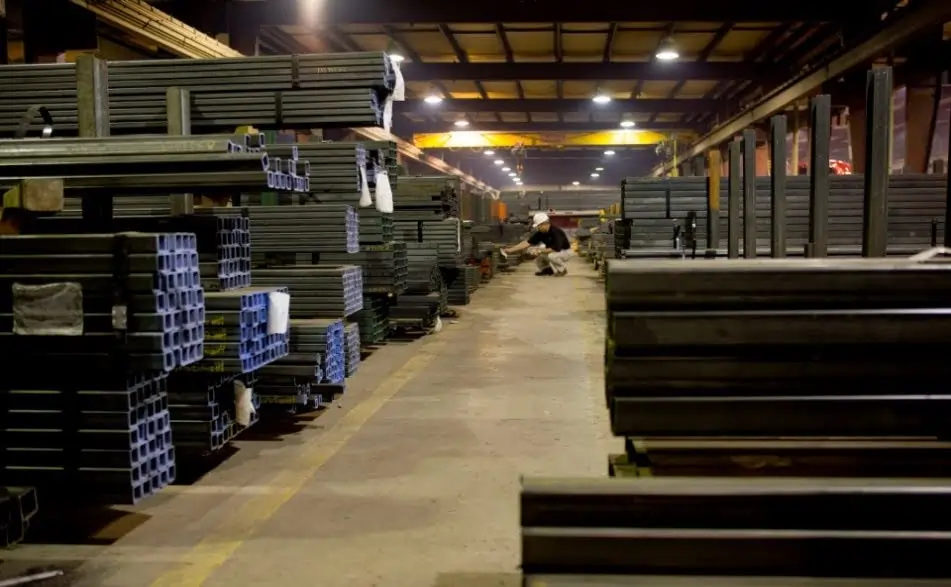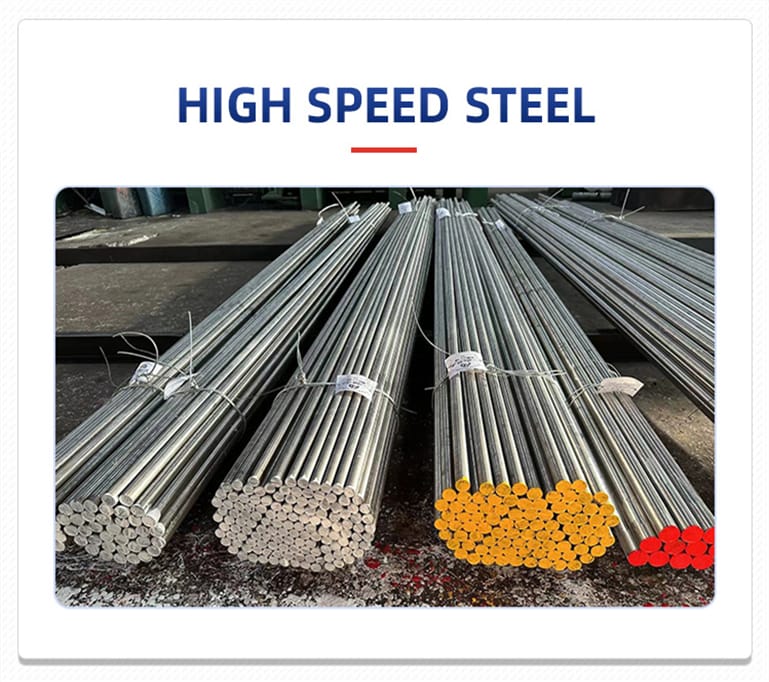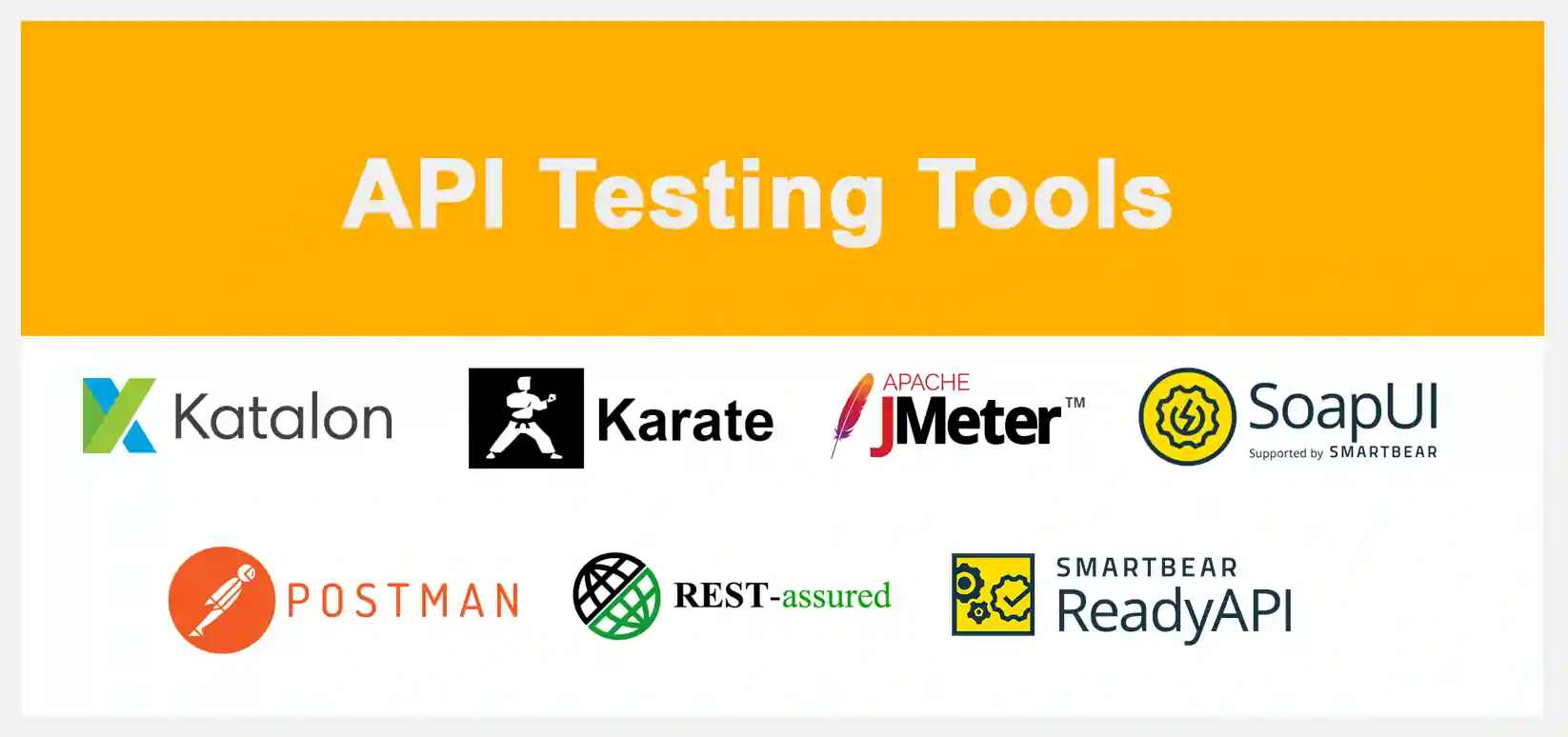Introduction
Metal is the backbone of modern industries—used extensively in construction, manufacturing, automotive engineering, and infrastructure development. Among the most in-demand metal products are steel pipes, known for their exceptional strength, long-lasting durability, and adaptability across diverse applications.
Whether you’re sourcing structural tubing, industrial piping, or custom metal components, understanding the types, uses, and benefits of steel pipes will help you make informed purchasing decisions.
What Is Metal Supply and Why Steel Pipes Matter
Metal supply involves the production, processing, and distribution of raw and fabricated metals such as steel, aluminum, copper, and various alloys. Within this broad category, steel pipes are among the most widely used products due to their structural integrity and versatility in both residential and industrial applications.
Types of Steel Pipes
Steel pipes come in a variety of forms, each designed for specific environments and uses:
1. Seamless Steel Pipes
-
Produced without welded seams.
-
Excellent for high-pressure systems, including oil and gas pipelines and thermal plants.
2. Welded Steel Pipes
-
Made by rolling steel sheets and welding the seam.
-
Common in water transport, scaffolding, and general construction.
3. Galvanized Steel Pipes
-
Coated with zinc to prevent rust and corrosion.
-
Suitable for outdoor use, plumbing, and industrial fencing.
4. Stainless Steel Pipes
-
Highly resistant to corrosion, heat, and chemicals.
-
Used in medical, food-grade, and chemical applications.
5. Square & Rectangular Steel Pipes
-
Flat-sided profiles ideal for structural applications.
-
Popular in building frameworks, machinery bases, and bridges.
Key Applications of Steel Pipes in Various Industries
Steel pipes are essential across numerous industrial sectors due to their adaptability and mechanical properties:
1. Construction & Infrastructure
-
Used for frameworks, columns, beams, and scaffolding.
-
Provides essential load-bearing strength in buildings and bridges.
2. Oil & Gas Sector
-
Vital for transporting petroleum, natural gas, and other fluids.
-
Seamless pipes are preferred due to their strength and leak resistance.
3. Plumbing & Water Systems
-
Integral to water supply, drainage, and sewage lines.
-
Galvanized and stainless steel options ensure longevity and hygiene.
4. Automotive & Mechanical Engineering
-
Found in vehicle exhausts, chassis, and hydraulic tubing.
-
Stainless steel enhances durability and performance in harsh conditions.
5. Industrial & Manufacturing Use
-
Used in pressure vessels, heat exchangers, and factory pipelines.
-
Ensures efficient fluid and gas flow under high-stress conditions.
How to Choose the Right Steel Pipe
When selecting steel pipes, several key factors should be considered:
1. Match the Pipe to the Application
-
Structural frameworks → Square or rectangular pipes.
-
High-pressure flow → Seamless pipes.
-
Outdoor or corrosive settings → Galvanized or stainless steel pipes.
2. Select the Right Material
-
Carbon Steel – Strong and economical; best for heavy-duty and general use.
-
Stainless Steel – Resistant to rust and chemicals; ideal for sanitary or corrosive environments.
-
Galvanized Steel – Best for weather-resistant and outdoor structures.
3. Ensure Compliance with Standards
-
Check for compliance with ASTM, ASME, or API certifications for safety and performance assurance.
4. Compare Suppliers and Pricing
-
Always source from trusted suppliers.
-
Bulk orders typically offer lower cost-per-unit and better logistical efficiency.
Where to Buy Steel Pipes and Metal Supplies
1. Local Metal Suppliers
-
Fast delivery and the ability to customize orders.
-
May offer cutting, welding, and on-site support services.
2. Online Marketplaces
-
Platforms like Alibaba, ThomasNet, or Vietnam Exporters offer a broad range of steel products.
-
Compare seller reviews, certifications, and shipping options before purchasing.
3. Steel Manufacturers & Wholesalers
-
Direct from the source, offering factory pricing and large volume discounts.
-
Ideal for contractors and industrial-scale buyers.
4. Hardware & Construction Stores
-
Suitable for small-scale, quick-purchase needs.
-
Offers limited inventory compared to larger suppliers.
Conclusion
Steel pipes remain a vital component across construction, manufacturing, energy, and infrastructure sectors. From seamless to welded, galvanized, stainless, and square or rectangular profiles, each type serves a distinct role depending on application and environment.
By understanding the advantages of each pipe type and working with reliable suppliers, you can ensure the success of your project—whether it’s a skyscraper, a factory, or a transportation system.




